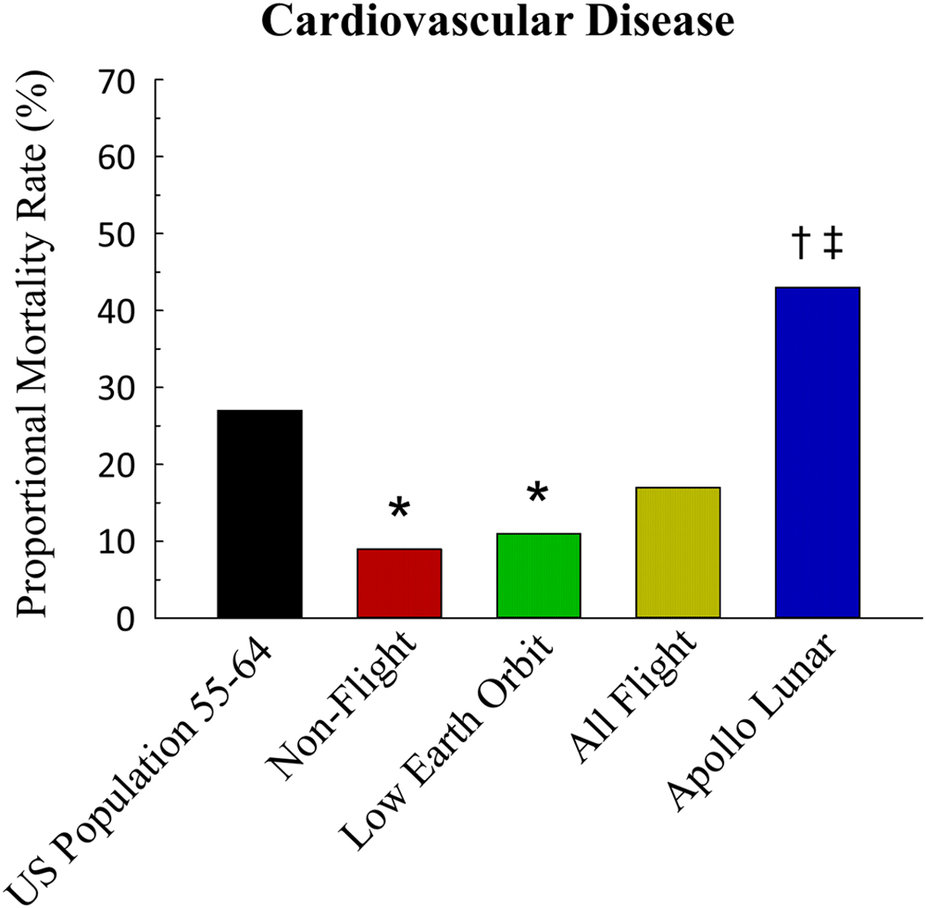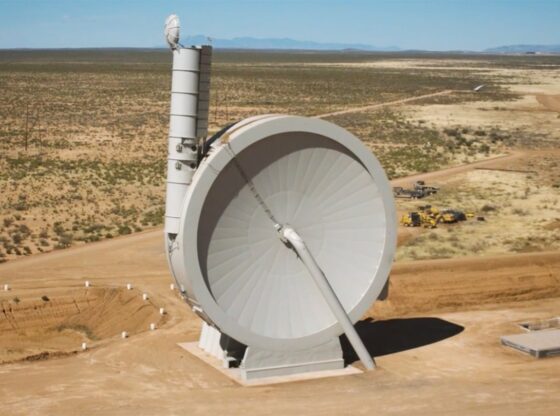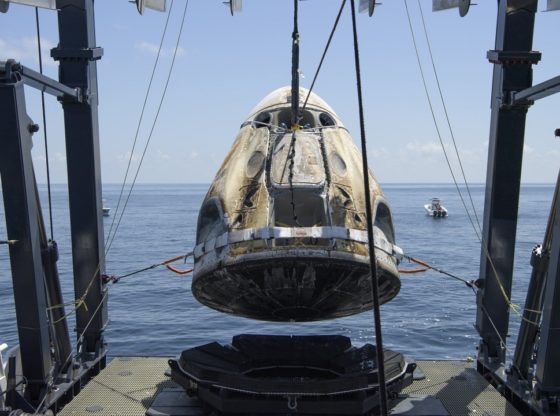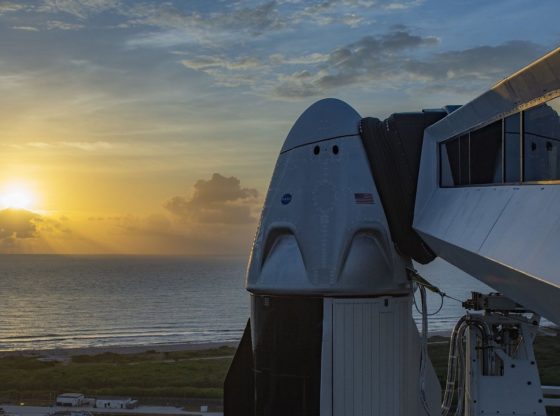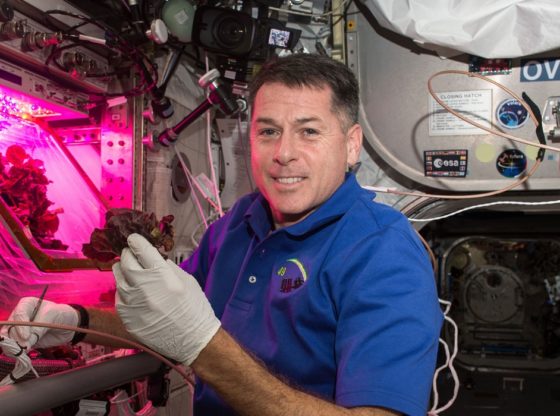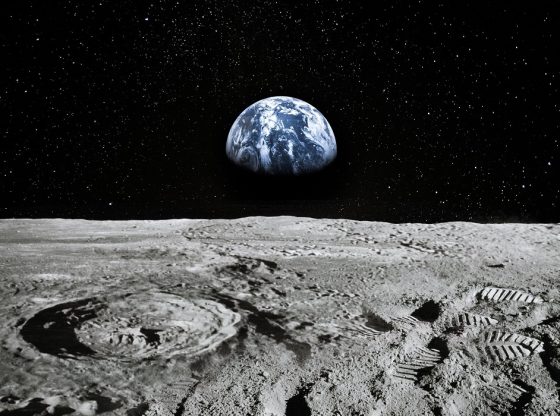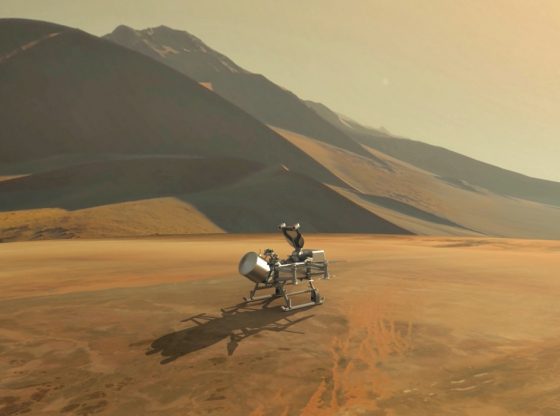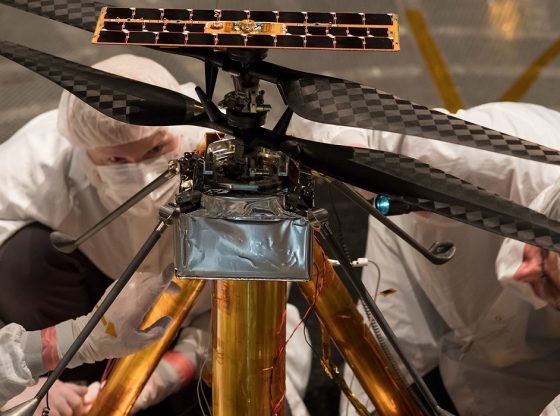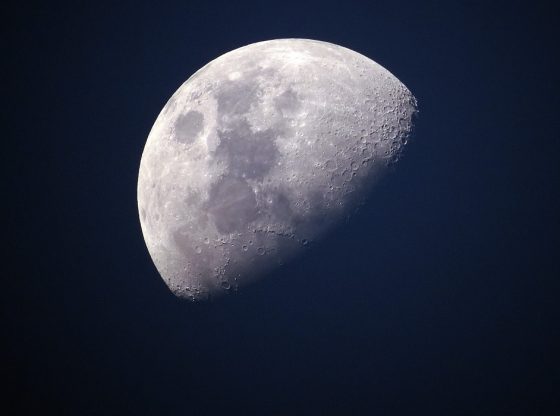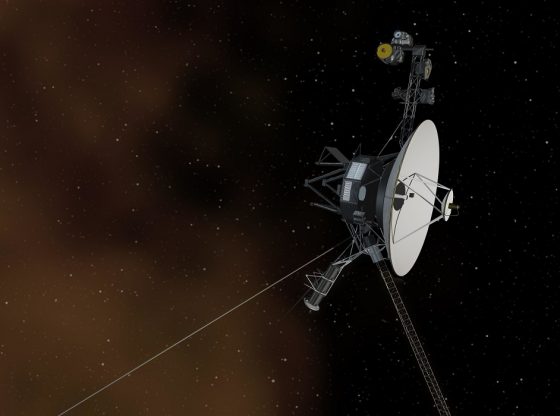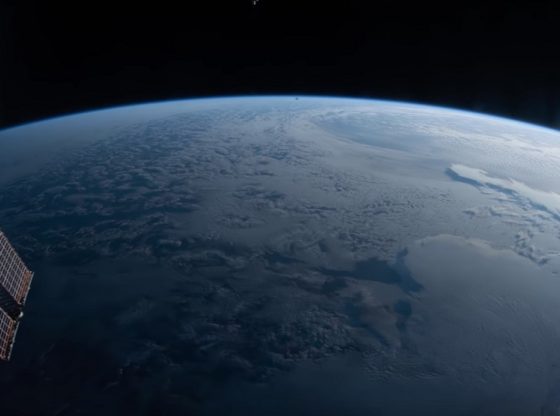
We are to travel to Mars in the near future but now U.S. scientists warn that cardiovascular diseases may be an overlooked risk of prolonged space travel.
The scientists have studied the effects of the type of radiation found in space. This research is indeed timely as longer and longer manned space flights will characterize our endeavors in space during the coming decades.
There is a need for more research on the so-called cosmic radiation according to Micheal Delp at the Florida State University and first author of the study published this week in Nature.
“With all of these plans for going into deep space we have only had this one really small group [of Apollo astronauts] that has actually done it,” said Michael Delp. “Previous to this study nobody had ever looked at their long-term health consequences – really pulling out the Apollo astronauts out of the group of other astronauts.”
Delp and his colleagues have compared the causes of death in different groups of astronauts – those that went to the moon and thereby lacked the protection of Earth’s magnetic field – those who instead went into close orbit around Earth and those that did not travel into space at all.
They compared the causes of death for the seven Apollo astronauts who had died up to that point with those of the 35 low Earth orbit astronauts from the same era, and 35 non-flight astronauts. The resulting data indicates that those astronauts that went to the moon were four to five times more likely to die of cardiovascular disease compared to the other astronauts.
The number of deaths due to cardiovascular disease for the Apollo astronauts only count to seven people, which is a tiny sample size and a clear limitation to the study. Even so, the results reveal that 45% of the Apollo astronauts died from cardiovascular disease, compared to only 9% of non-flight astronauts and 11% of low Earth orbit astronauts.
There is, however, no difference when the rate was compared to that of the general population, but this can be explained by the fact that astronauts are very fit and healthy, whereas the members of the public suffer from a wide range of conditions that could increase their risk of cardiovascular disease, according to Delp.
“Part of the reason why this cardiovascular effect has never been uncovered is because you are always looking and comparing [astronauts with] a general population,” he said.
To further investigate whether deep space radiation might be the direct cause behind these findings, the researchers exposed mice to conditions that simulated weightlessness as well as the radiation found in deep space. The results revealed that while weightlessness did not cause any lasting cardiovascular harm, the radiation did. The mice exposed to radiation were found to have sustained damage to the cells lining their blood vessels. Damage that could increase the risk of cardiovascular disease
“I think it is really important that Nasa and the European Space Agency, the Canadian Space Agency, and so on, recognize now that the cardiovascular system should be an important focus, one they look at, when they send astronauts beyond low Earth orbit,” Delp adds.
Researchers already fear that high levels of cosmic radiation could increase the risks of cancer and we still don’t know much about the adverse effects of deep space radiation on human health. But Delp’s team has given us the first glimpse into this complicated and ever more relevant problem.
_____________
Michael D. Delp et al. Apollo Lunar Astronauts Show Higher Cardiovascular Disease Mortality: Possible Deep Space Radiation Effects on the Vascular Endothelium. Scientific Reports 28 July 2016. DOI: 10.1038/srep29901
__________________________

